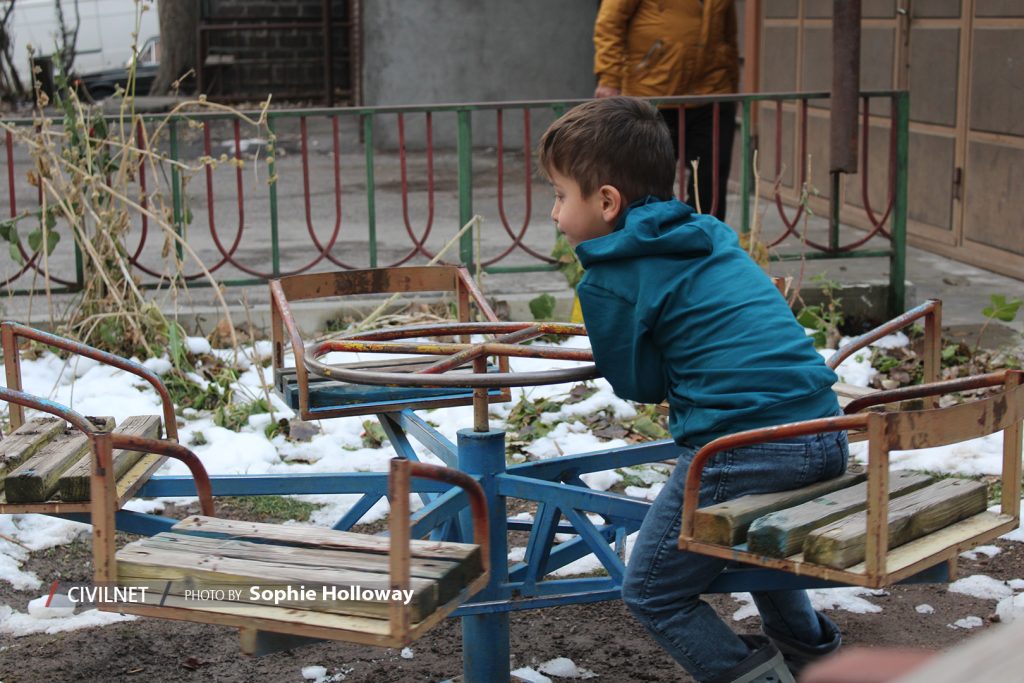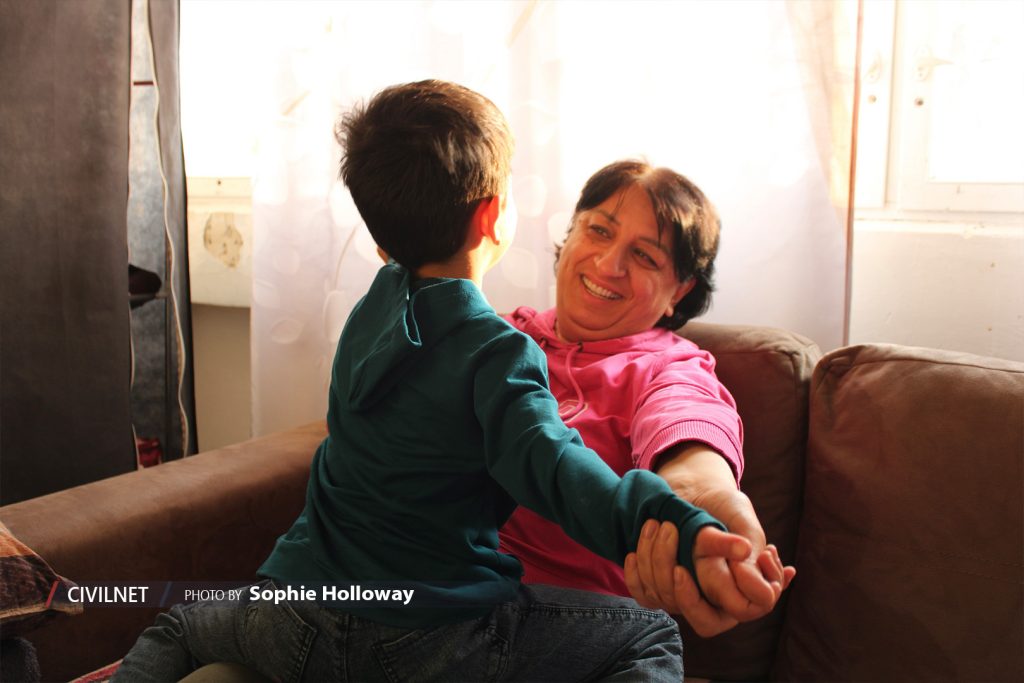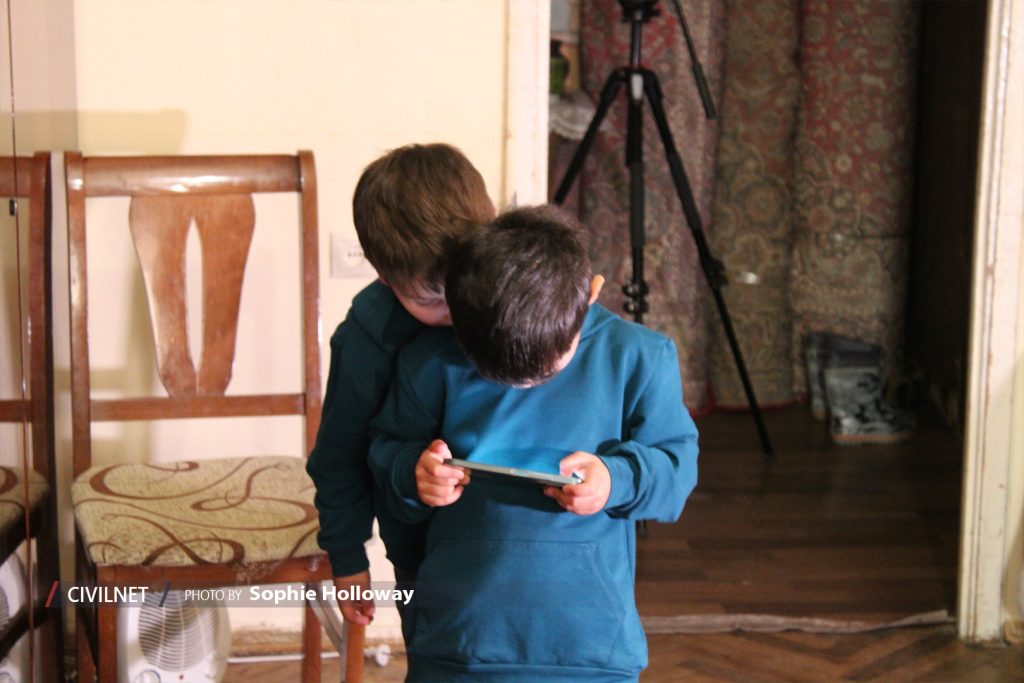By Sophie Holloway
“Vahan ran up to me, he seemed to think I was his mother,” says Knarik Yesayan, orphanage worker and foster mother to twins, Vahan and Vahe. “And so everything was decided on that very first day.”
Foster care emerged as a state-sponsored alternative to institutionalised care in Armenia in the early 2000s as a solution to overcrowding in orphanages. Today, approximately 900 children are looked after by the state. A further 170 children live with foster families – and this figure is expected to grow.
Foster care differs from adoption in that it is only a temporary measure. Foster parents like Yesayan provide the children with shelter and the comforts of home either until their biological family is able to look after them again – or until the child reaches adulthood.

This process both eases the strain on government resources and provides a far better environment for the child’s well-being and psychological development.
“A foster family gives a child the opportunity to be in a family, to have foster parents, so it is a priority option for caring for children left without parents,” says Yeranuhi Yaylaxanyan, who works at the Ministry of Labour and Social Affairs.
While there will inevitably be emotional and psychological challenges involved in raising a child that is not your own, the benefits for the child are clear, as a foster family can provide the kind of warmth and stability that an orphanage cannot. The constant rotation of workers and demands on their time can make it hard for each child to feel seen and to develop any meaningful relationships.
“No matter how high the standards we cultivate for our institutions, one way or another, life in an institutional environment is quite far from a family one,” says Mira Antonyan, founder and president of the Armenian Association of Social Workers. Moreover, children who grow up in orphanages have a tendency to put their own children into the care system too, Antonyan explains. “This vicious cycle must be broken.”

The persistent stigma surrounding institutionalisation is another reason to promote foster care. “Children raised in orphanages are clearly different in society,” says Anush Aleksanyan, the founding director of “Erkusov” psychological centre. “Everyone knows perfectly well that the child lives in an orphanage. And so the likelihood of that child feeling stigmatised increases.”
As of 2019, 468 out of 835 children in Armenia’s orphanages had disabilities, according to data from the Ministry of Labour and Social Affairs. The government is promoting foster care in these cases too, providing these families with 30 percent more funding and specialised support. There are currently nine such families in Armenia, who care for twelve children collectively.

While foster care is only temporary, in some cases it can lead to adoption. “[I]n the case of final refusal or deprivation of parental rights, and if there are sufficient grounds for the child to be adopted, then the child can be adopted,” says Antonyan.
“I would happily adopt if there were no legal obstacles,” says Yesayan. “But I am preparing myself, as much as the boys, for the possibility that one day, their mother will return. If she comes for them, then I will give them away, but with great pain.”
The post Foster Families: The Future of Care in Armenia appeared first on CIVILNET.